Keeping it Fresh: Preservatives and The Poison Squad
Gastropod
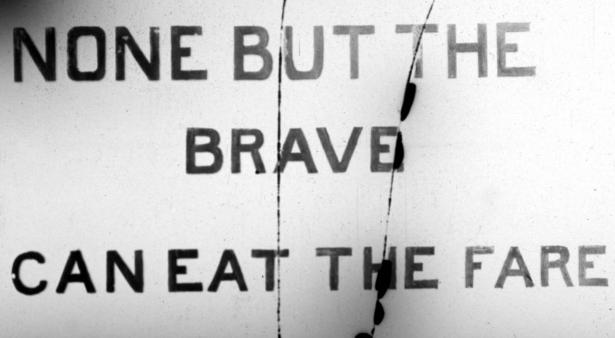
Harvey Washington Wiley, a do-gooder farm boy who trained as chemist, worried that preservatives might be harming the public. The trials' shocking results led to the 1906 Pure Food and Drug Act and eventually to the creation of the FDA.


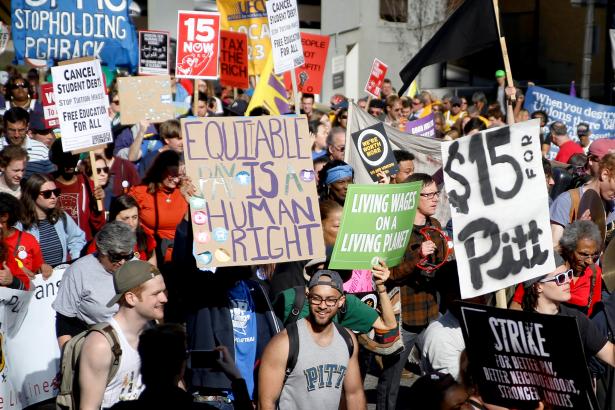
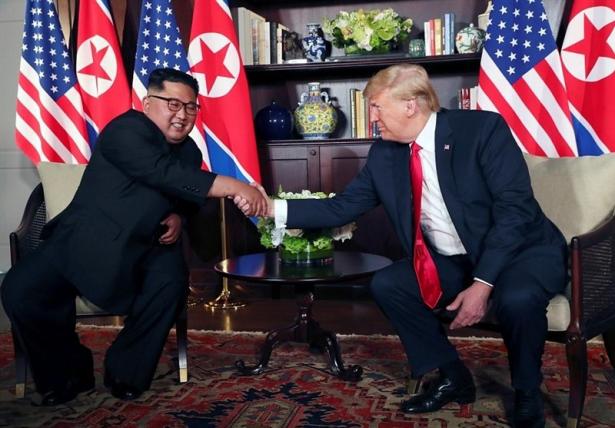
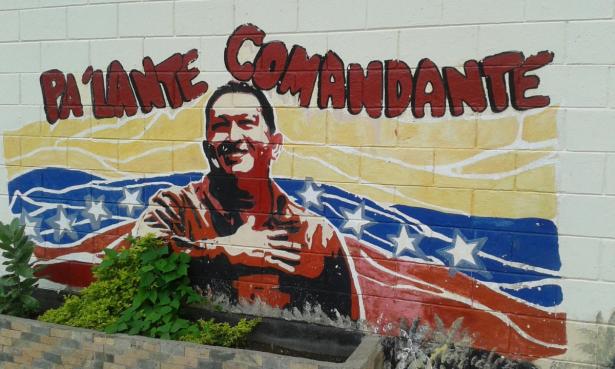
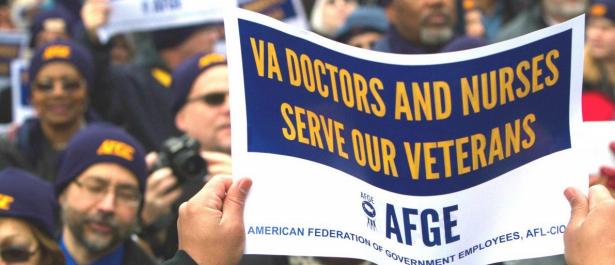
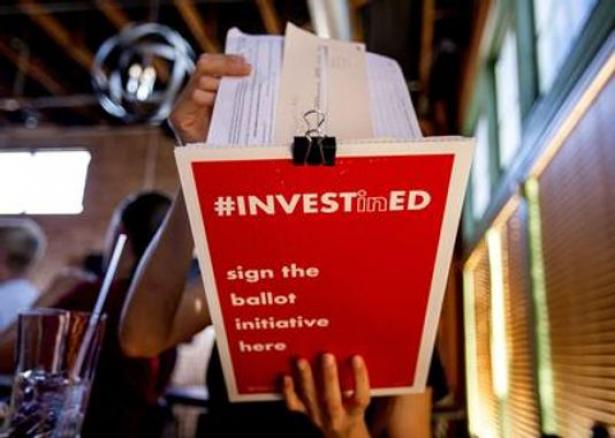
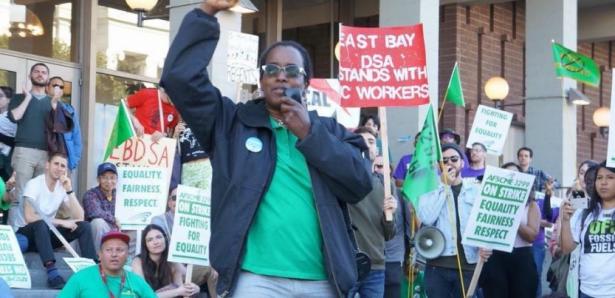
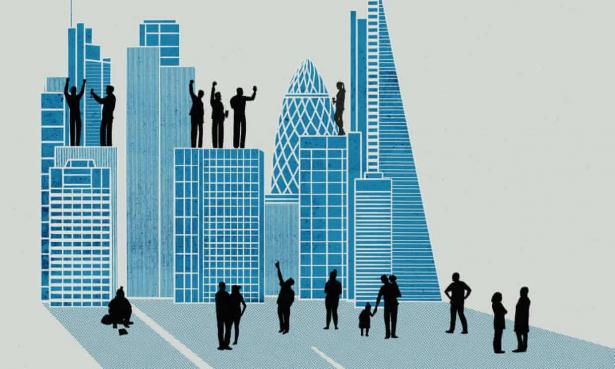
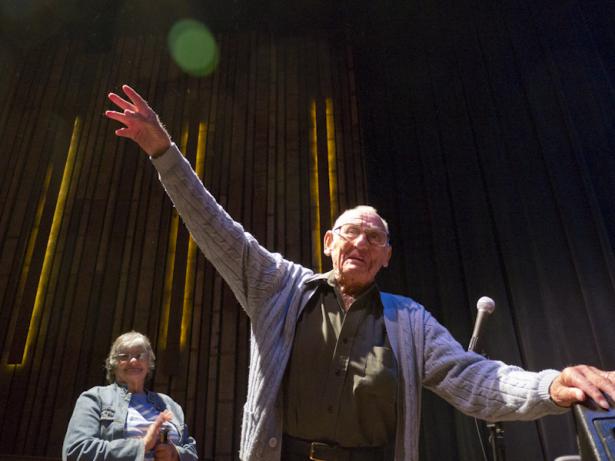
Spread the word